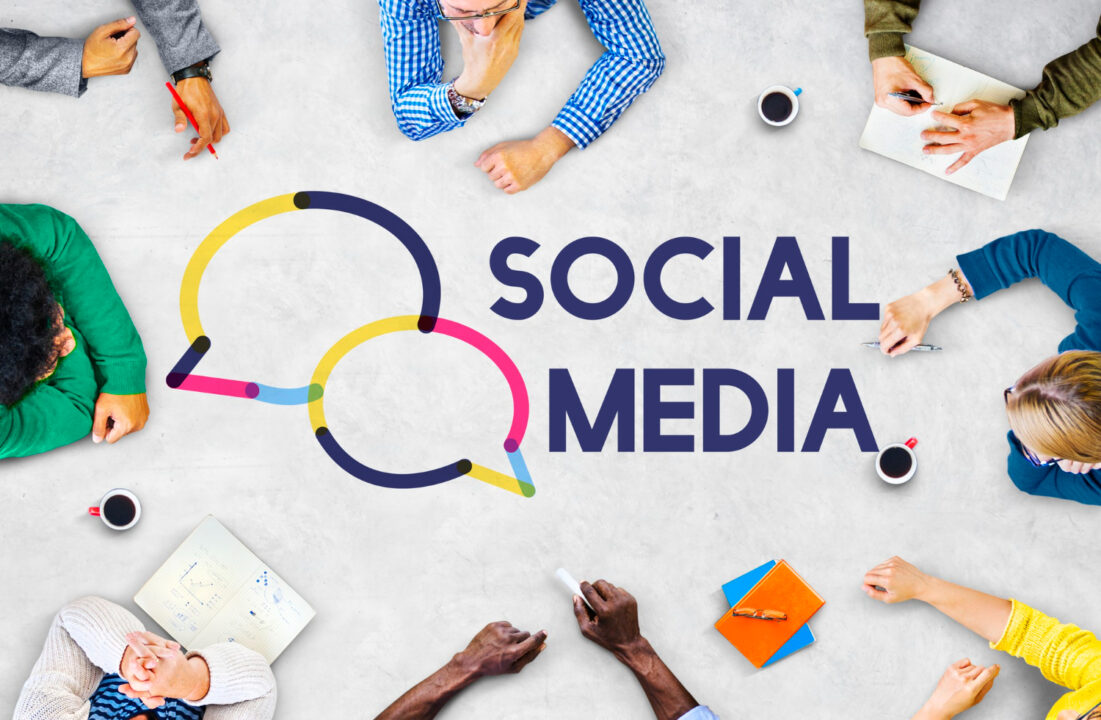Nonprofit organizations have always relied on marketing to increase awareness and attract donors. However, with the rise of social media, nonprofit marketing has taken on a whole new dimension. Social media provides nonprofits with a cost-effective and efficient way to connect with their targeted audience, build relationships, and share their message.
In this article, we’ll explore the impact of social media on nonprofit marketing and provide some best practices for marketing your nonprofit in the digital age.

Why Social Media Matters for Nonprofit Marketing?
Social media has revolutionized nonprofit organizations’ marketing and outreach approaches altogether. By utilizing various social media platforms, nonprofits can now connect with their target audiences, raise awareness about their mission, and promote campaigns in an inspiring and engaging manner.
With its massive reach, cost-effectiveness, and real-time engagement opportunities, certainly social media has opened new avenues for nonprofits, enabling them to make a significant impact on their communities. With dedication and creativity, nonprofits can build a strong online presence, engage with their supporters, and create positive change worldwide.
1. Cost-Effective: Social media platforms are free, meaning nonprofits can reach a large audience without spending much money on advertising.
2. Wider Reach: Social media’s global nature allows nonprofits to connect with people across the globe, broadening their outreach.
3. Engagement: Social media enables nonprofits to build a community, establish real-time interactions, and foster relationships with their audience.
4. Brand Awareness: Social media can help nonprofits increase brand awareness, leading to more support and donations.
Best Practices for Nonprofit Marketing on Social Media
1. Develop a Nonprofit Marketing Strategy: To effectively market your nonprofit on social media, it’s essential to have a strategy in place. First, define your target audience, set clear goals, and then outline the steps to achieve them.
2. Prioritize Content Marketing for Nonprofits: Next, create valuable and informative content that aligns with your nonprofit’s mission. Share blog posts, infographics, and videos that educate your audience about your cause.
3. Leverage Social Media Marketing for Nonprofits: Social media platforms like Facebook, Twitter, and Instagram are crucial for connecting with your audience and sharing your message. Through these channels, nonprofits can form stronger relationships with followers and share their vision with a larger audience.
4. Partner with a Nonprofit Digital Marketing Agency: In addition, partnering with a specialized agency like Mission Managers can help you build and execute a comprehensive marketing plan.
5. Apply for Nonprofit Marketing Grants: Many grants are available specifically for nonprofit marketing. Leveraging these resources can provide essential funding for your marketing efforts.
6. Use a Nonprofit Marketing Guide: Furthermore, utilize nonprofit marketing guides available online to help you develop and execute your marketing plan effectively.
7. Incorporate Digital Marketing for Nonprofit Organizations: Consider integrating digital marketing techniques, such as email marketing, meta ads, SEO, and Google Ads (PPC). These methods will enhance your nonprofit’s online visibility and extend its reach.
8. Brainstorm Nonprofit Marketing Ideas: Think outside the box and develop creative and innovative ideas to market your nonprofit. For example, hosting virtual events, collaborating with influencers, or launching a social media challenge can engage new supporters.
9. Regularly Measure Your Results: Finally, track your social media metrics using analytics to measure marketing success. Refine strategy with data to improve results.
10. Explore Additional Marketing Grants: Lastly, explore the various nonprofit marketing grants available to fund your marketing initiatives.
Final Thoughts
In conclusion, social media has revolutionized nonprofit marketing, offering a cost-effective and efficient way for nonprofits to connect with their audience, build connections, and share their message. By following these best practices, you can create a comprehensive nonprofit marketing plan that leverages the power of social media to increase awareness, attract donors, and achieve your goals.

